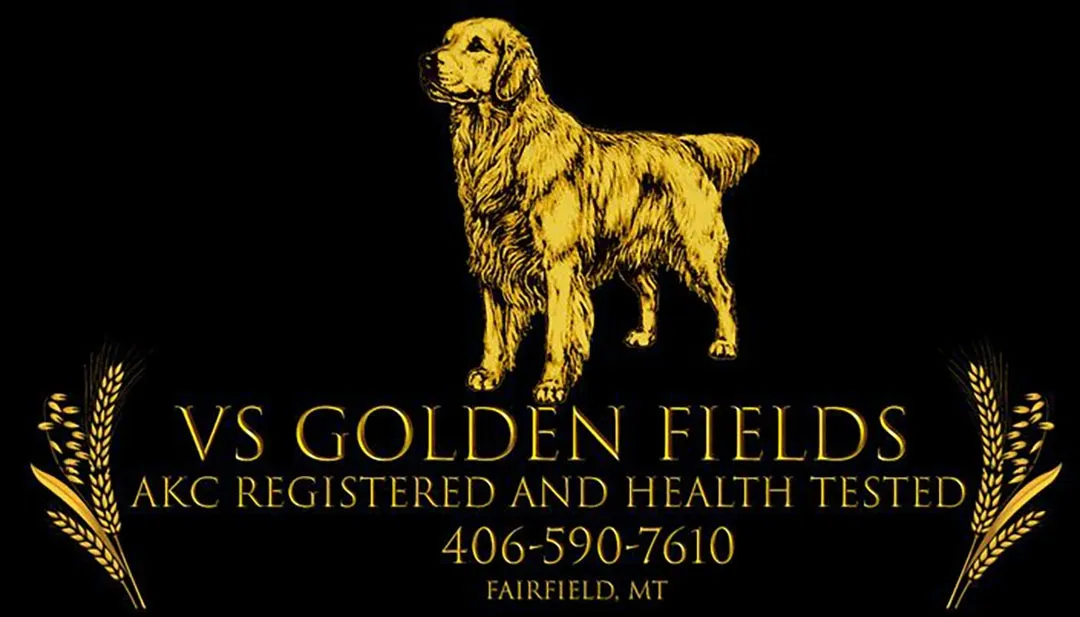Our Program
Early neurological stimulation
Early Neurological Stimulation (ENS) exercises are conducted once daily from the third to the 16th day after birth, a period believed to be a time of rapid neurological growth and development. Even though puppies are immature at this time, they are sensitive and respond to ENS. The program was developed by the military to improve the performance of working dogs.
early scent introduction
Early scent introduction (ESI) is a training program for puppies designed to enhance their ability to identify and react to specific scents. By enhancing the scent detection at this young age, the pups will be more likely to become working, service, or therapy dogs. Even as a companion pet, scent abilities can alert their person to a gas leak, fire, diabetic reaction or seizure.
early noise STimulation
Early Noise Stimulation will increase the puppy’s tolerance for loud noises and stressful situations as thus increasing their load management. The Noise stimulation program consists of playing fireworks, trains, crowds, and other load startling sounds. As the puppy ages, it will grow to be accustomed to noises that older dogs can be reactive to.
BAD ASSBREEDERS Evaluation
I like to call this the kidergarten readyness test it should be idealy preformed around 51-52 days of age when the puppy is neurologically complete and it has the brain of an adult dog. With each passing day after 49 days old, the test will be tainted by prior habits learned.
By preforming these tests, we are able to predict future behavioral traits of adult dogs. Certain pups will do better in some environments than others, and this test helps us measure what puppy will be best suited for each family. So pups have a higher drive, some are more assertive and will not be as good as a less assertive pup for a home with small children. There are many things we can look for during this test. The pups ability to work always trying to problem solve, these pups are what we look for in a service dog. Always wants to work. We look at there ability to handle new situations. Now this does not mean a puppy with low nerve strangth is not good it tells us this puppy needs to have new things brought in slowly. They are not the pup to take from my place and meet the relitives all at once. They want to meet them in small groups and not everyone peting them at one time. This is just a few things we look at during our evaluation.
